
All for the Best
A mortal can't possibly see or understand all the variables that Hashem takes into account. Just as a courtroom judge can't try a case – or comes to a...

Section Two – Intermediate-level Emuna: Everything Hashem Does is for the Very Best
Intermediate-level emuna is the belief that everything Hashem does is for the very best, even though it may appear otherwise.
Many are the cases where we see how seemingly bad situations are for the ultimate good. We all have scores of such experiences in our own lives. For example, somebody’s in a tremendous rush get to work or to school on time. They sprint to the bus station just as the bus is pulling away from the curb, shouting at the driver to stop and let them board. The driver ignores them.
In the above situation, a person might succumb to anger, either humiliated by the driver’s lack of regard or frustrated by the impending tardiness to work or to school.
Let’s add one missing piece to the above incomplete picture: Suppose the person that missed the bus hears a tremendous crash or explosion two minutes later, and discovers that the very same bus has been involved in a fatal accident or terrorist attack, leaving many of its passengers maimed or wounded. Would he or she still be angry at the driver for leaving them behind? Would he or she still have complaints against Hashem? The answer is an obvious no.
A mortal can’t possibly see or understand all the variables that Hashem takes into account. Just as a courtroom judge can’t try a case – or comes to a mistaken verdict – with incomplete or insufficient facts, none of us are in a position to conclude that a particular situation is bad, without seeing what the future holds in store.
Often, as time passes, we see in retrospect how a particular seemingly-bad situation turned out for the very best. At other times, we never become privy to Hashem’s considerations, calculations, and motivation for putting us through a certain trying and rigorous situation. Such things will remain concealed from our eyes until Mashiach comes; until then, emuna gives us the strength and peace of mind in knowing that everything Hashem does is for the very best.
Only Hashem knows the optimum, tailor-made path in life that is perfect for each individual. Sometimes we see the purpose of our suffering, and other times we don’t. When we don’t understand why we suffer, life’s ups and downs can be an insufferable roller coaster; only emuna can put life on an even keel.
“Under fire” – in the midst of a difficult tribulation – we can’t see how our current predicament is for our own good. But with emuna – the firm belief that Hashem is doing everything for our own good – we derive the strength to cope and to function at our best under any situation.
Everything, not “almost” everything
Intermediate-level emuna isn’t separate from basic-level emuna, only a stronger cognizance that everything comes from Hashem’s divine providence. The intermediate believes that everything comes from Hashem and that Hashem does only good; consequently, everything is for the best, not “nearly” everything.
Everything is for the best – this level of emuna is not some spiritual plateau that few can obtain. The Code of Jewish Law (Shulchan Oruch, Orach Chaim 230:5) requires each of us to believe that everything Hashem does is for the very best. Just as every Jew has the obligation to eat Kosher food, to observe the Sabbath, and to comply with any other statute in the Code of Jewish Law, he or she is required to fulfill the above statute OC 230:5 as well.
Jewish law in general and the belief that everything Hashem does everything for the very best in particular, is designed for everyone. Hashem doesn’t make demands that we can’t fulfill.
The Code of Jewish Law is exacting about every single syllable; close inspection reveals that the aforementioned clause states that everything Hashem does is for the best, not “nearly” everything. Even if a soldier is surrounded, being attacked and bombarded from all directions, he mustn’t say, “I believe that Hashem does everything for the best except for this!”
“Almost everything” is the mistake that most people make, even when in principle, they accept the notion that everything Hashem does is for the very best. Their “almost emuna” is fine, as long as it’s not tested beyond their maximum comfort level. As soon as a tribulation pinches their prestige or income, ruins their plans, or makes life uncomfortable, their incomplete emuna crumbles. 99% emuna is in effect 100% lack of emuna, since everything comes from Hashem – with no exceptions and for the ultimate good – and not almost everything.
When the brain kicks out
Understanding that a given situation is for the best is not emuna that everything is for the best. From a spiritually standpoint, comprehension is a much lower level than emuna. At the point where the brain no longer understands how Hashem is doing everything for the very best, emuna begins. In other words, emuna kicks in when the brain kicks out.
In trying times, whenever the brain complains that a certain situation is bad, we do ourselves a tremendous favor by putting our brains aside and by activating the emuna that everything Hashem does is for the very best. With emuna, we rejoice rather than succumb to despair and depression. When we’re happy, our brains operate much more efficiently. Therefore, emuna actually enhances our brain power and ability to cope under any situation.
Even if something distasteful happens to us, and we wish that life would be different, we must subjugate our will to Hashem’s will. Reconciling oneself with Hashem’s will is virtually impossible without emuna, for if a person doesn’t believe that Hashem is doing everything for the ultimate best, then why accept Hashem’s will? Who wants a life of “bad”?
Emuna illuminates our hearts with the confidence
that Hashem has a good reason for everything He does, and that the currently rocky roads will eventually lead to smooth and peaceful paths. By letting our emuna override our brains, we can readily rise to any challenge that life throws our way.
Our sages teach that when a person thanks Hashem and is happy under any circumstance – relying on the emuna that everything Hashem does is for the very best – he or she will see the most trying situations in life make complete turnarounds for the better. Emuna is therefore the best way out of any difficulty.
Rebbe Natan of Breslev writes (Likutei Halachot, Choshen Mishpat, Hilchot Prika V’taina 4), “If people would truly heed the tzaddikim and always believe in Hashem that everything is for the best, and if they’d give thanks and praise to Hashem always, whether in good times or in bad times, then all their troubles and all the suffering of the Diaspora would completely become null and void, and our people would be redeemed.”
A turnaround for the better
A person that doesn’t yet observe all of the Torah’s laws is probably liable for any number of transgressions. One’s transgressions incur spiritual debits that our sages term “severe judgments”, the root cause of much of life’s suffering. Yet, if the same person believes that Hashem does everything for the best and thanks Hashem under any circumstance, he or she will most likely be spared of most severe judgments. How? Simple and pure emuna neutralizes severe judgments, just like an alkaline neutralizes an acid.
Severe judgments stem in many cases from the lack of emuna that’s called “idol worship”. Our sages write (Sifri, Devorim 91), “As long as there is idol worship in the world, there’s severe judgment in the world; when idol worship disappears, severe judgment disappears.”
If the emuna of a non-observant person has the power to neutralize, or “sweeten” severe judgments, then surely the complete and simple emuna of a person that tries his or her best to fulfill the Torah’s laws will lead to a life of gratifying sweetness.
An ostensibly non-observant young man once attended a lecture presented by the author of this book. After the lecture, he approached the author, and recounted the following experience:
“By chance, I happened to obtain a CD of Rabbi Arush’s lecture about emuna and giving thanks to Hashem. I wanted to meet the rabbi in person just to say – from my own personal experience – that every single word is true!”
The young man continued, “The day after the lecture, I opened up a Bible to The Book of Job. I read the part where Job’s wife tries to incite him against Hashem because of all the troubles in their life, and Job answers (Iyov 2:10), ‘You talk as any impious woman might talk; shall we accept the good from Hashem and not accept the bad?’ These words penetrated my heart; I knew that I was seeing pure truth. I decided – no matter what – that I’d thank Hashem for everything in my life, the better and the worse, and bingo! My life has taken a complete turnaround for the better!”
With animation, the young man related a series of miraculous solutions he had received – by divine providence and not by his own efforts – to some seemingly-hopeless predicaments that had made his life unbearable. Emuna had triggered a one-hundred-eighty degree improvement in his faltering marriage and floundering career. He tasted happiness and optimism for the first time. “I just wanted to thank Rabbi Arush and to reinforce his teachings”, concluded the young man. “Emuna that Hashem does everything for the best really gave my life a turnaround for the better!”
To be continued…





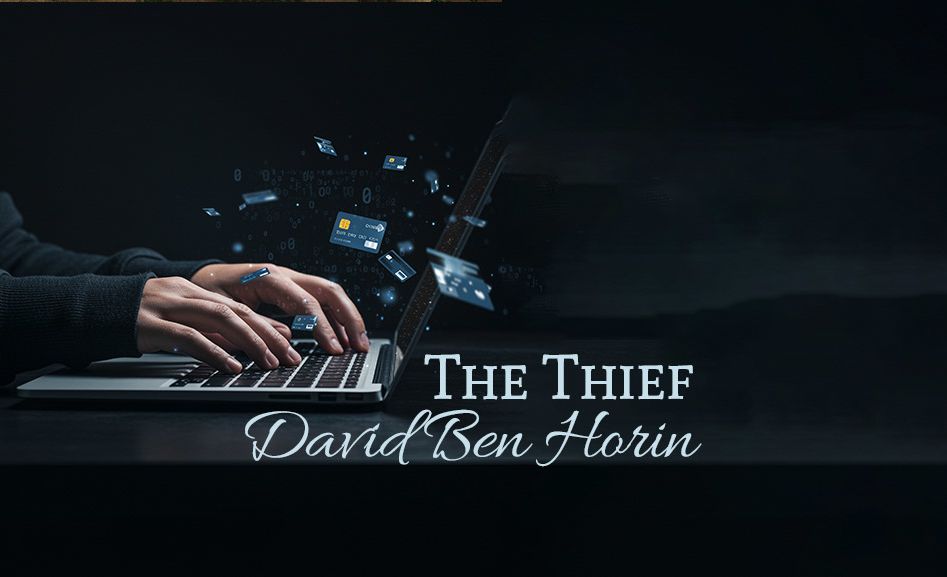

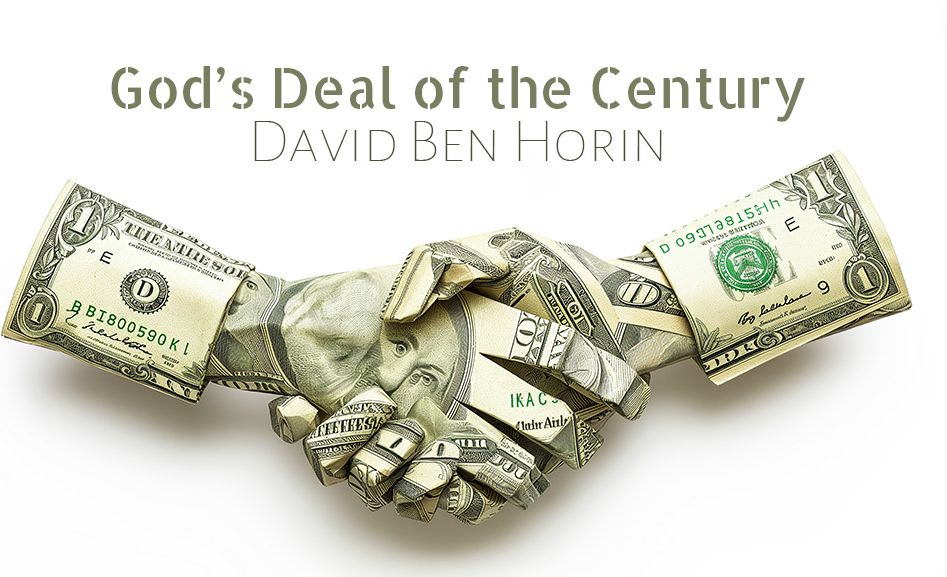

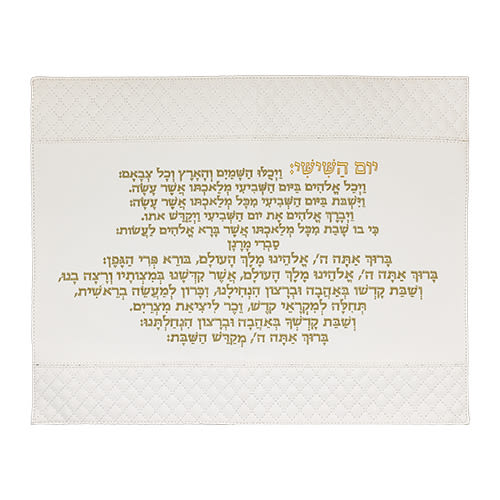
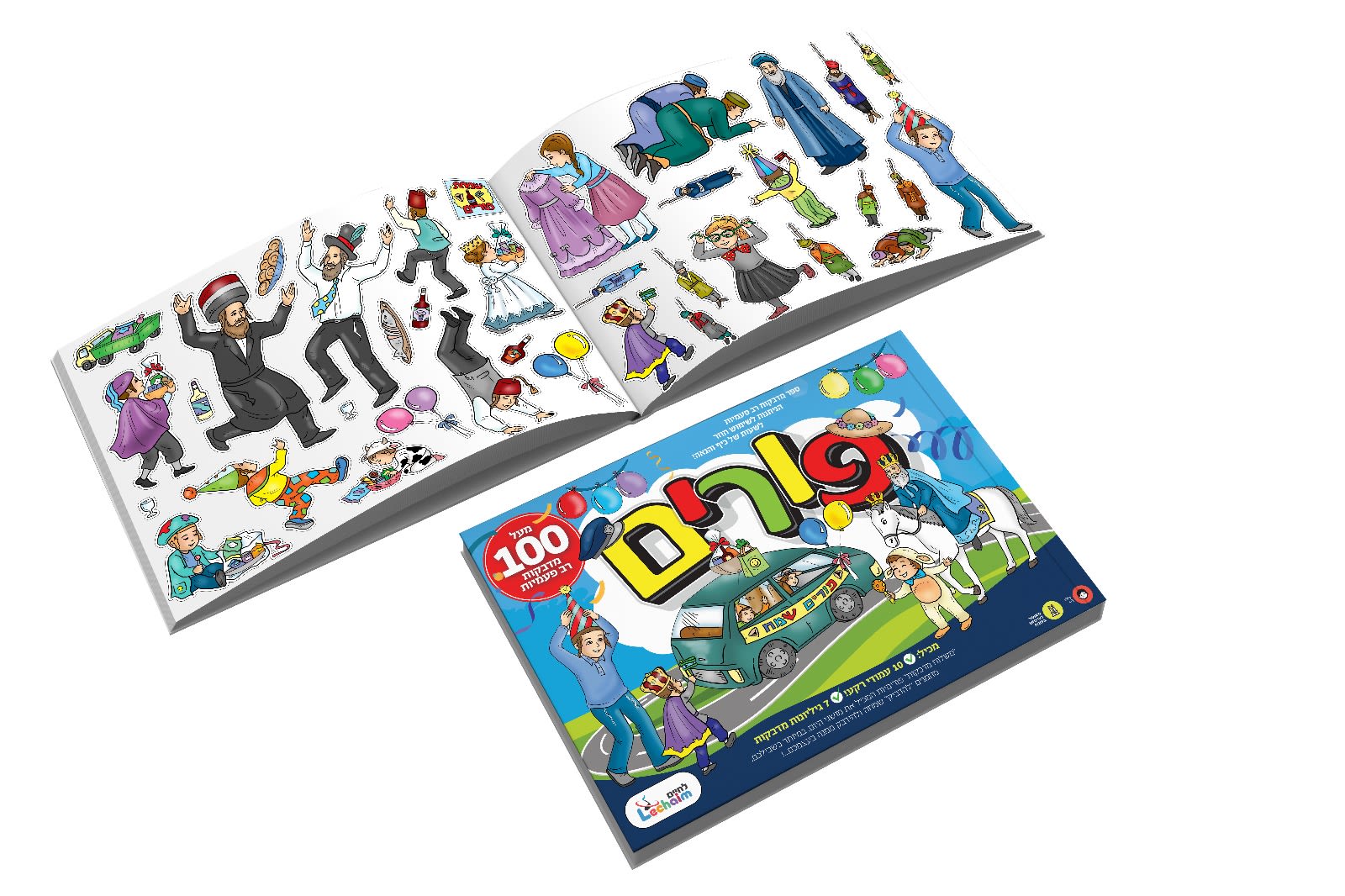

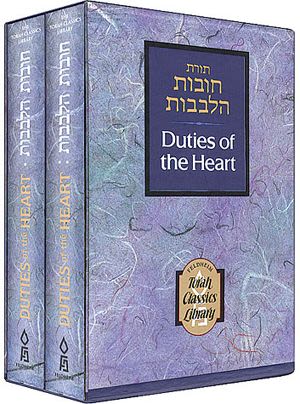
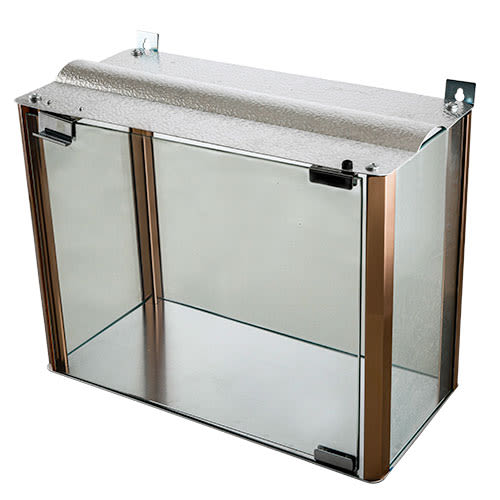
2/06/2010
This makes perfect sense of since the day of my brith I have suffered daily I have repented everyday and asked Hashem to forgive me and I knew it was him all along I will not lie many times I’ve said I hated Him and I choose hell this God of the jews is a pain in my right eye truth be told I choose the rfid chip but I have no choice in the matter all I know for sure is I’m glad I’m not a jew yet Hashem dose this to a gentile idiot like me this book makes perfect explaination of all the turmoil of my life I guess in my heart I hate Hashem and here I was thinking I loved him I guess he knows me better then myself